Hawking: An interview with director Stephen Finnigan
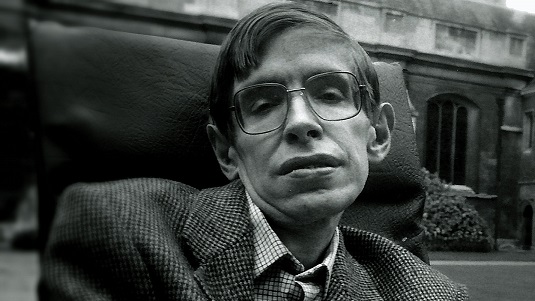
Hawking is a biographical documentary uncovering the life of the eponymous physicist and cosmologist Stephen Hawking. With the film just days from nationwide release, director Stephen Finnigan took the time to speak to The Upcoming.
Documentary is the medium that you’re best known for. Is this your preferred form of storytelling?
I think the thing about documentaries is that (if they’re done well) it’s still really good storytelling, and that’s something that people tend to forget sometimes. That’s why documentary is so powerful I think – it’s real people telling you a story that unfolds, and that is something that I’ve always enjoyed.
So you find that documentary can be more personal?
Yes, and especially something like this with Stephen. The challenge with this one was to try and get Stephen to do it in his own words, and even the practicality of him narrating it rather than a third person. Would an audience find it too much? I don’t think people do – it had to be his own voice. I think people warm to it. It’s quite a hard sort of sound but it is Stephen’s voice that everybody is so used to.
Could you recount your first meeting with Stephen Hawking?
The first time I met Stephen was actually a filming day – the very beginning of the film where he’s at the lecture in San Jose. I wanted this idea of starting almost like Spinal Tap backstage behind the gig, and then going out onstage with him. He agreed to let us film, and we turned up and that’s the first day I met him.
It was actually quite nice to be thrown into a filming situation, because there is a tendency when people first meet Stephen to kind of clam up a little bit. I didn’t do that because I was busy. It was nice to be straight in there, filming. I could tell straight away that he was comfortable.
How did you manage such a thorough portrayal in just 90 minutes?
The fly-on-the-wall filming of Stephen’s life was quite simply a case of going through with him and his personal assistant Judith what he had coming up, and what I thought related to his life story. For example, I knew that the San Jose lecture would be a great way to start because straight away it says “Here’s a really famous man – come on a journey and he’ll tell you his life story!” Likewise, when he mentioned that he was flying out to the States to have his communication system looked at, I thought that was great. The notion of communication is a theme throughout the film, and Stephen’s ability to communicate has gotten harder as his illness has got worse and worse. So seeing him in present day trying to improve his communication felt like a natural thing to try and film.
One thing that I did decide early on was that Stephen’s been surrounded by cameras all his life (there’s a camera on his shoulder wherever he goes) so rather than have a whole film crew around his daily life, we agreed that I would shoot those myself. So it was just me and Dominic, my researcher, acting as a sound man, so we could be a little less intrusive to Stephen, and perhaps get a bit more intimate with him.
Did you find it difficult to make the science accessible to wider audiences?
Yes, in a nutshell! I was rubbish at maths and physics in school, and I still struggle to fully understand what Stephen is going on about at times. We needed to understand Stephen’s “greatest hits”. We needed to know what about his physics made him such an important figure in the world – and to understand the man behind it. In terms of making a feature, we didn’t want just Hawking fans to come and watch the film. I want people that wouldn’t normally want to come and see a film about Hawking to be intrigued.
There’s so much to understand about physics that it can leave people just wanting to switch off. And yeah, I needed a lot of help! Visualising was okay for me. In moments where he discovers things in physics, we see hand-drawn black holes as if they were scribblings on his desk, and that made it a bit more accessible and personal.
What’s the most surprising thing you’ve learned about Stephen?
He’s a really funny bloke; he’s got a really wicked sense of humour. For example, I went and sat with him in his office just to get to know him, and I go to him “Look, if I’m going to make a film about you, it’s about your private and personal life – let me tell you a bit about mine.” So I got pictures of my kids out from my wallet, we were looking and talking to each other. A few minutes in, he had this huge grimace on his face of pain and agony and his breathing apparatus started to beep a bit, and I thought “Oh my God, there’s something going on here!”. So I got one of his nurses, and she went “Oh it’s okay, he’s just yawning!”
And he just burst out with this huge smile! So I said “Oh my God, I’m showing you pictures of my family and you’re getting bored and you’re yawning!” – he thought it was hilarious. That kind of broke the ice straight away. So that was the nicest and most surprising part of making the film – he’s a pleasure to be with, really.
How did you approach your interviewees about the project, or did any of them approach you?
It was a mixture really. I said to Stephen “The cast in your life story should be your nearest and dearest and people that have been influential.” Normally we would just contact people but I said “Maybe it should come from you,” so Stephen contacted quite a few people to see if they would be keen to talk and take part. Really, people were keen to get onboard from the start.
Aoife O’Driscoll
Hawking is released nationwide on 20th September 2013.
Read our review of Hawking here.

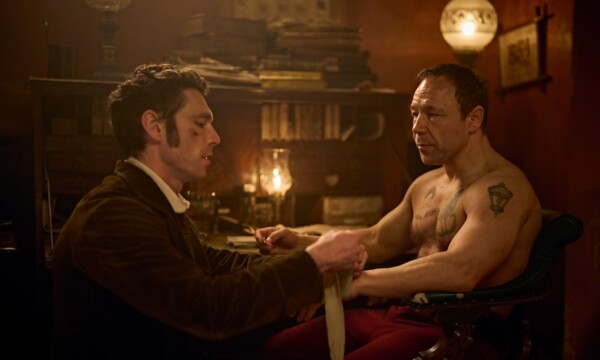
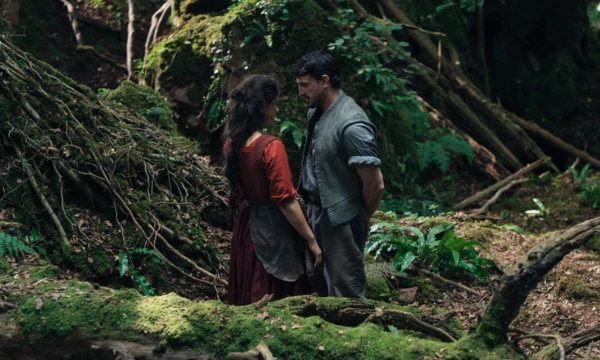
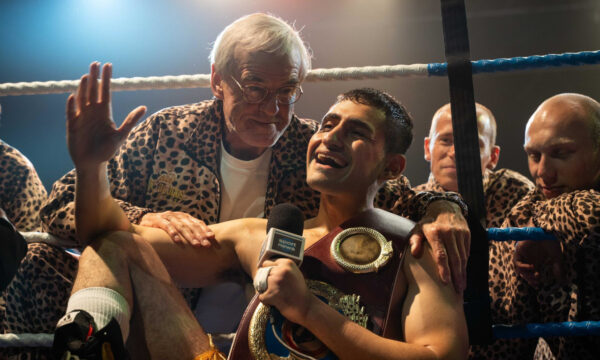
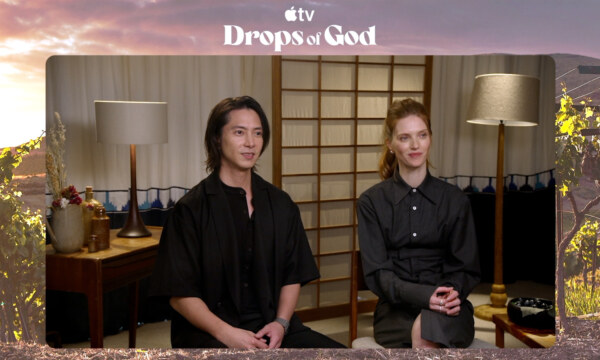
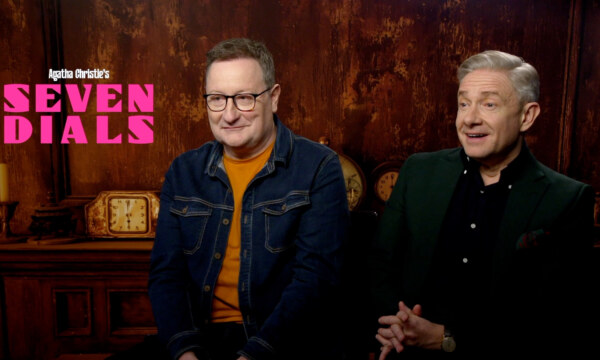
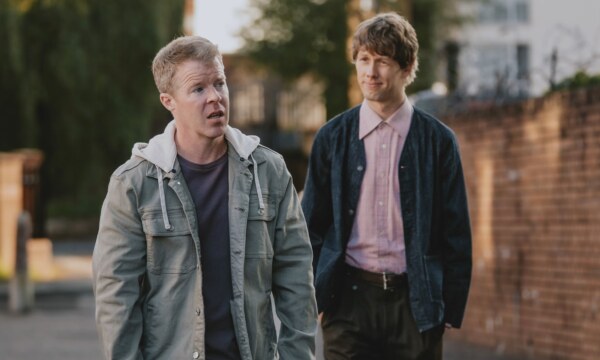
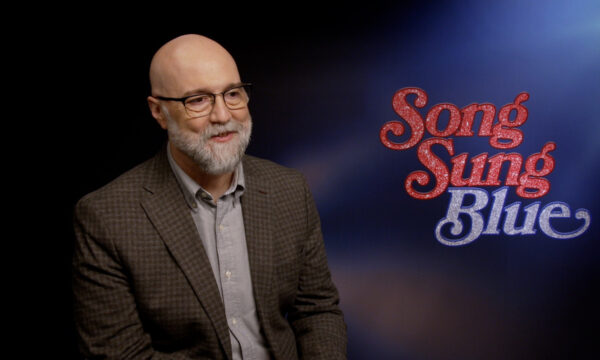
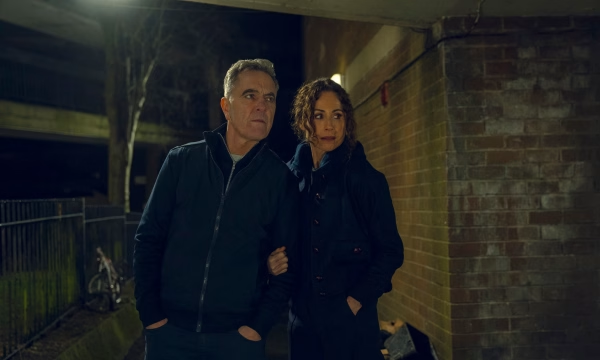
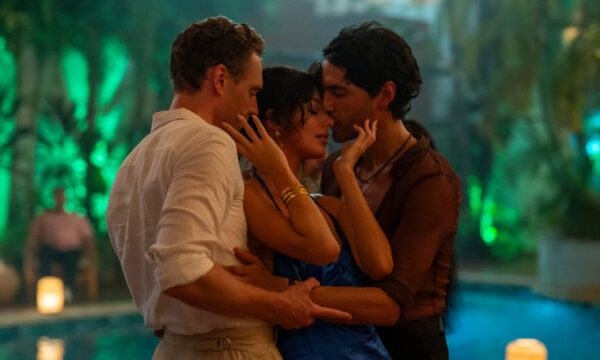

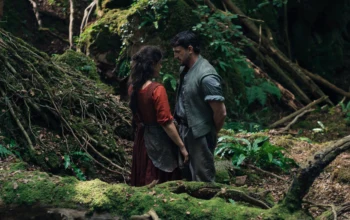
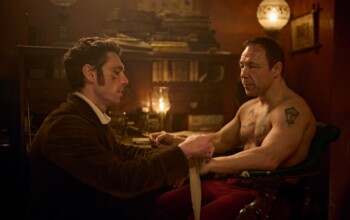
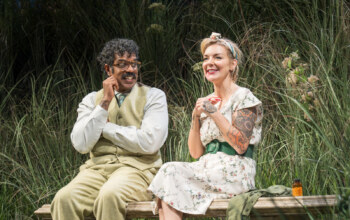







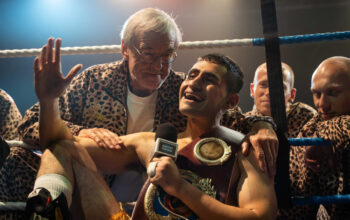
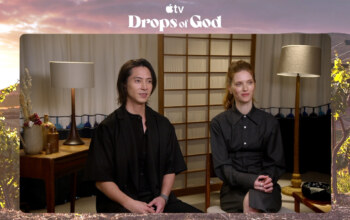
Facebook
Twitter
Instagram
YouTube
RSS